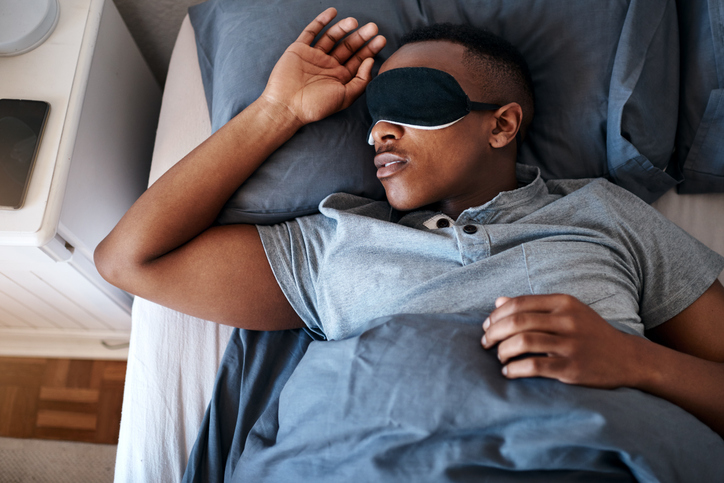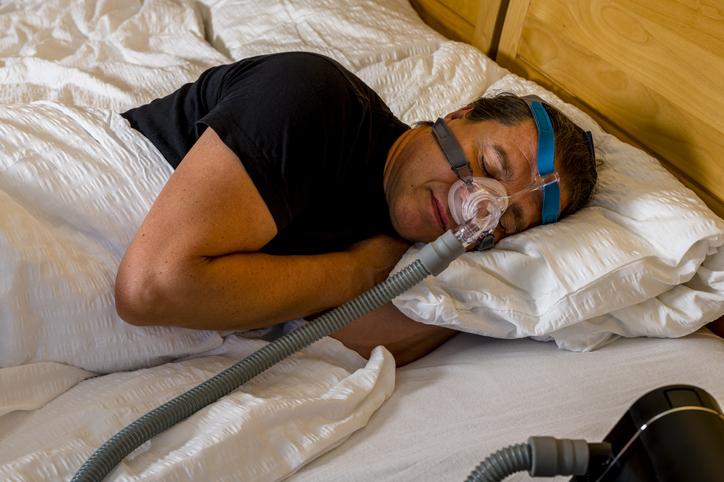Living with Chronic Pain
Sleep Deprivation and Sleep Deficiency

Getting enough sleep is integral to mental health and physical well-being. Restful sleep helps regulate moods, promotes healing, and supports cognitive function. Not getting enough sleep can cause memory issues, irritability, anxiety, and a weakened immune system. Sleep deficiency and sleep deprivation are two ways that a lack of sleep can manifest.
Sleep deprivation
Sleep deprivation occurs when an individual does not get enough sleep (7-9 hours in a 24-hour period is recommended). It affects the body and mind in various ways, including impaired memory, difficulty with cognition and concentration, increased anxiety, and balance issues. Sleep deprivation increases the risk of accidents and injuries.
Sleep deficiency
Sleep deficiency has a broader definition of which continued sleep deprivation is a part. Sleep deficiency involves one or more of the following issues:
- Chronic sleep deprivation
- A sleep disorder that affects the quantity and quality of sleep
- Sleeping that is out of sync with circadian rhythms
- Not sleeping well (not cycling through the stages of non-rapid eye-movement “NREM” sleep and rapid eye-movement “REM” sleep)
Potential risks of sleep deficiency
Sleep deficiency is linked to an increased risk of various health conditions, including the following:
- Heart disease
- Kidney disease
- Diabetes
- Weakened immune system
- High blood pressure
- Obesity
- Stroke
- Dementia
- Depression
Sleep deficiency is also linked to an increased risk of injury or death, especially as a result of car crashes.


















